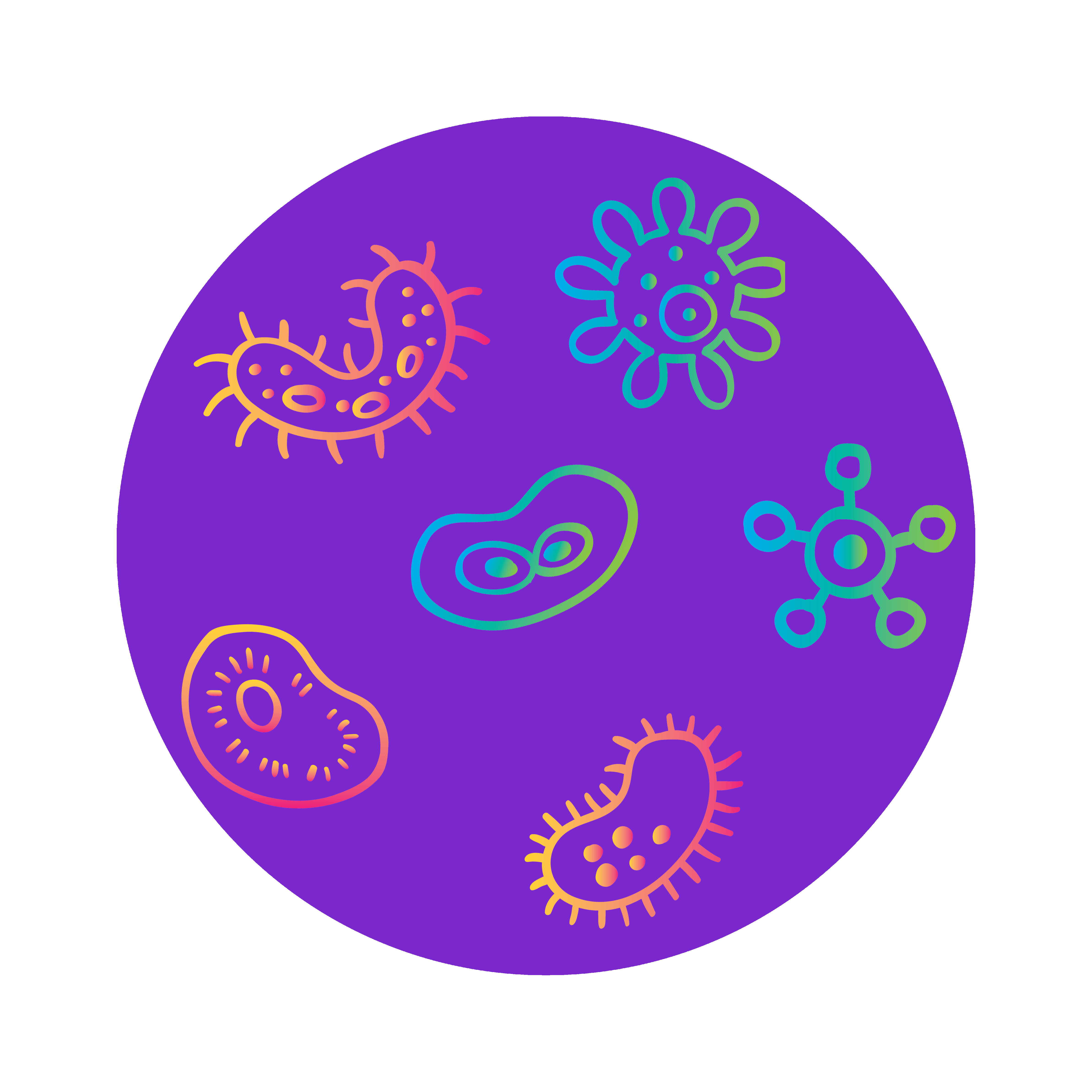Differences Between The Gut Microflora Of Children With Autistic Spectrum Disorders And That Of Healthy Children
Children with autistic spectrum disorders (ASDs) tend to suffer from severe gastrointestinal problems. Such symptoms may be due to a disruption of the indigenous gut flora promoting the overgrowth of potentially pathogenic micro-organisms. The faecal flora of patients with ASDs was studied and compared with those of two control groups (healthy siblings and unrelated healthy children). Faecal bacterial populations were assessed through the use of a culture-independent technique, fluorescence in situ hybridization, using oligonucleotide probes targeting predominant components of the gut flora. The faecal flora of ASD patients contained a higher incidence of the Clostridium histolyticum group (Clostridium clusters I and II) of bacteria than that of healthy children. However, the non-autistic sibling group had an intermediate level of the C. histolyticum group, which was not significantly different from either of the other subject groups. Members of the C. histolyticum group are recognized toxin-producers and may contribute towards gut dysfunction, with their metabolic products also exerting systemic effects. Strategies to reduce clostridial population levels harboured by ASD patients or to improve their gut microflora profile through dietary modulation may help to alleviate gut disorders common in such patients.
View Full ArticleYou need to login or register to bookmark/favorite this content.



